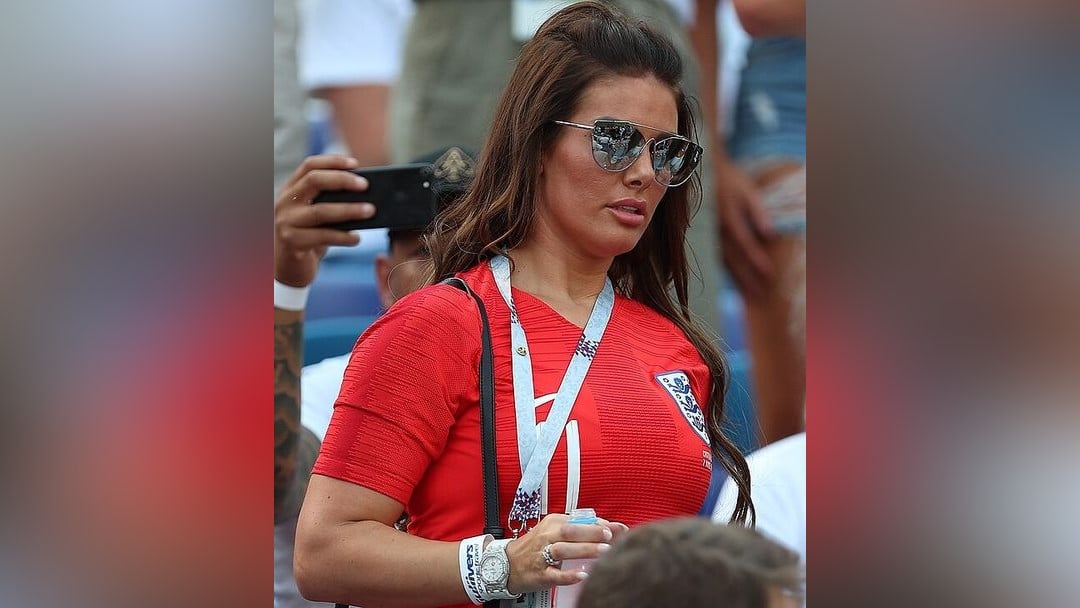Court ruling details Vardy v Rooney costs

The recent ruling on the Vardy v Rooney defamation case clarifies cost awards and legal implications for public figures
In the much-publicised defamation case of Rebekah Vardy v Coleen Rooney, the judgment delivered by Mr Justice Cavanagh on 29 April 2025 marks another chapter in the ongoing legal battle between the two high-profile figures. Initially, Vardy's appeal against the outcome of the trial was dismissed on 10 April 2025, whereby Rooney was awarded a substantial portion of her costs, representing the latest development in this case that has captivated the public and legal community alike.
The case originated from Vardy's defamation claim against Rooney, which was ultimately unsuccessful. In light of this, the trial judge had awarded Rooney 90% of her costs on an indemnity basis, a move that highlighted the significance of the case and its implications for public figures in the UK legal framework. Following the conclusion of the trial, the matter proceeded to a detailed assessment of costs overseen by Senior Costs Judge Andrew Gordon-Saker.
Central to the appeal was whether Judge Gordon-Saker had erred by declining to find that the conduct of Rooney or her solicitors was improper or unreasonable, thereby justifying a reduction in the costs awarded. The appeal was heard on 31 March 2025, with Mr Justice Cavanagh accompanied by the Acting Senior Costs Judge, Jason Rowley, who served in an advisory capacity during the proceedings. The ruling concluded with an affirmation of the original judgment, thereby dismissing Vardy's appeal.
Upon handing down the judgment, Mr Justice Cavanagh allowed the parties further opportunity to submit written arguments regarding the next steps concerning costs allotment related to the appeal. The judges clarified that while there were several contested points, there was a consensus on the fundamental principle that the costs should be awarded on a standard basis.
Three primary aspects arose for consideration in the costs assessment: whether Rooney should receive 100% of her costs with any discount to reflect the unsuccessful portions of her submissions, which would address the argument that some of her points in the appeal did not gain the court's acceptance; the decision regarding who would conduct the costs assessment; and whether a payment on account of Rooney's costs of the appeal should be ordered.
The court received arguments from both sides; Vardy's counsel contended that a reduction in costs was warranted given the status of certain submissions that had not prevailed in court, proposing a modest 10% reduction based on these points. However, Mr Justice Cavanagh pointed out that, in his view, costs generally follow the event, and in this case, Rooney had emerged successfully from the appeal hearing. The judge emphasised that this victory negated the relevance of the two unsuccessful submissions since they comprised a minor aspect of the arguments presented at court.
The second point raised in the appeal related to the allocation of the costs assessment task, debated between whether it should be assigned to Judge Rowley or Judge Whalan, whose experience in costs matters was well noted. The court favoured Judge Rowley, noting the expectations of efficiency given his prior role, reinforcing the suitability of having a judge who had been involved in proceedings carrying forth any costs assessments.
Lastly, the court ruled against ordering any payment on account of costs to be made by Vardy, indicating that in cases of summary assessment — as was the nature of the appeal ruling — payments on account are generally not favoured as they are in detailed assessments due to the expedited timeframe in which costs awards are typically settled.
This ruling underscores the intricate nature of legal disputes involving public figures and sets a precedent for cost recovery in defamation cases, clarifying process expectations and considerations of fairness in determining costs awarded post-judgment
